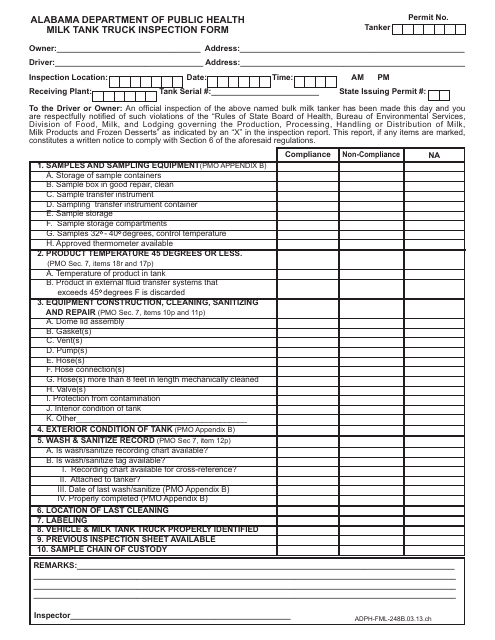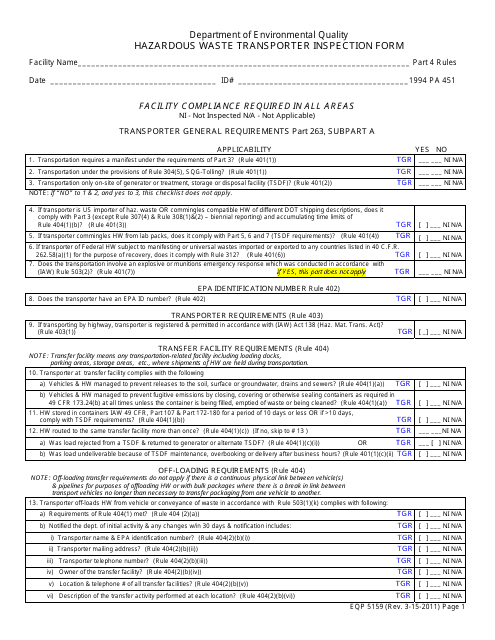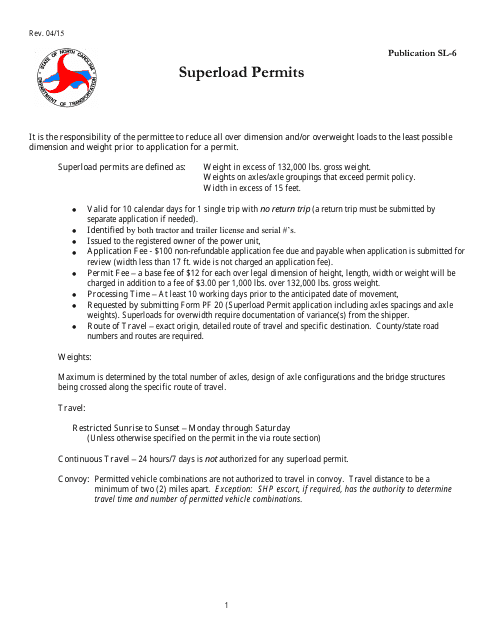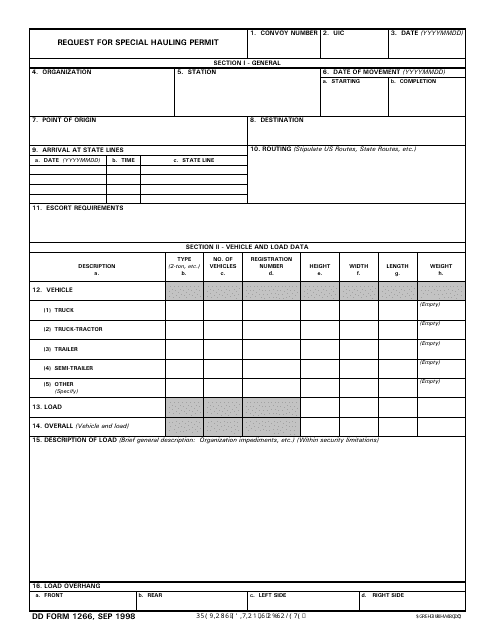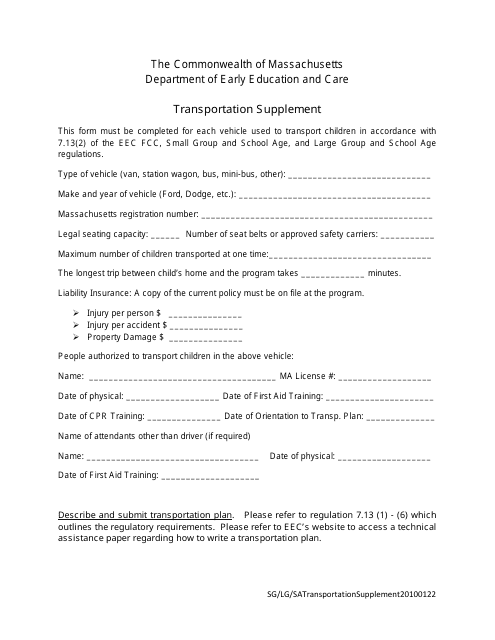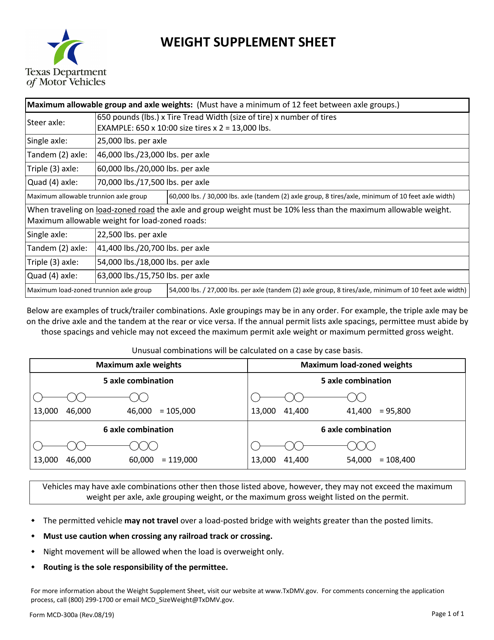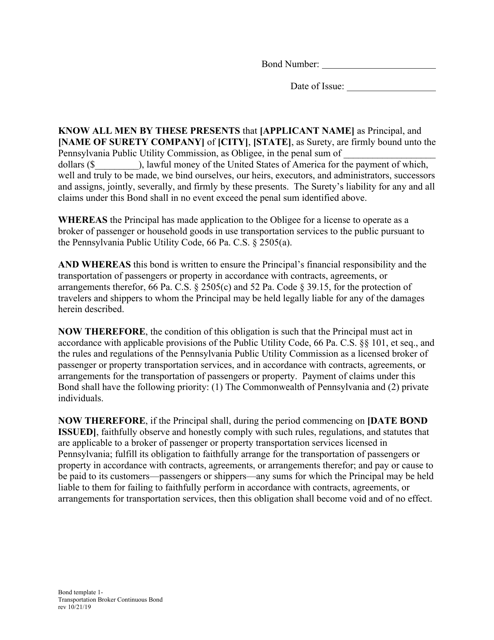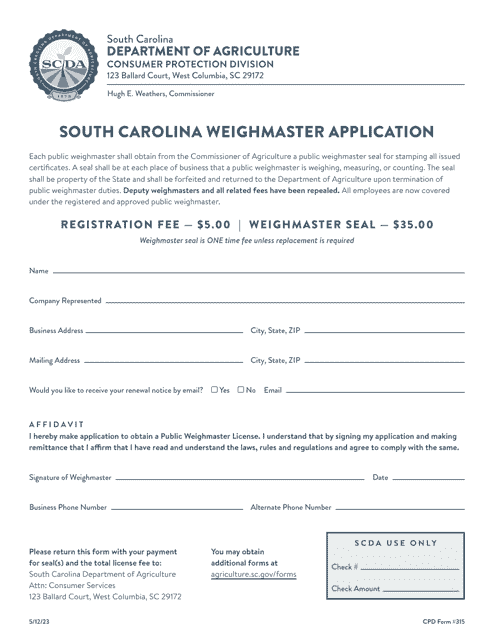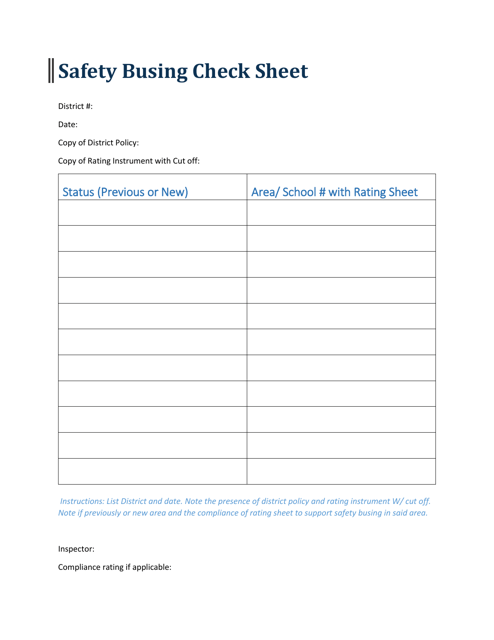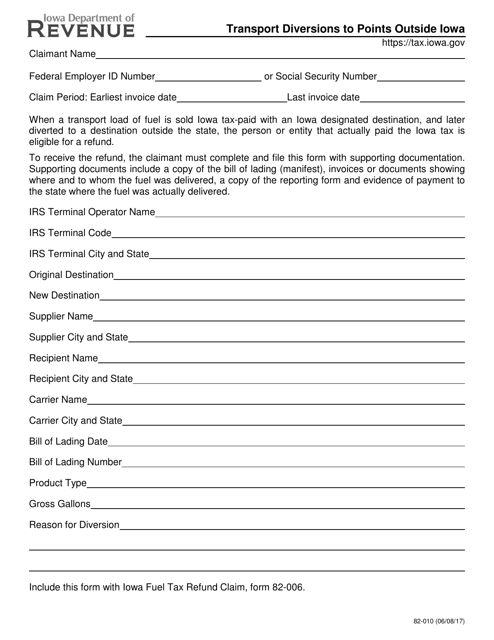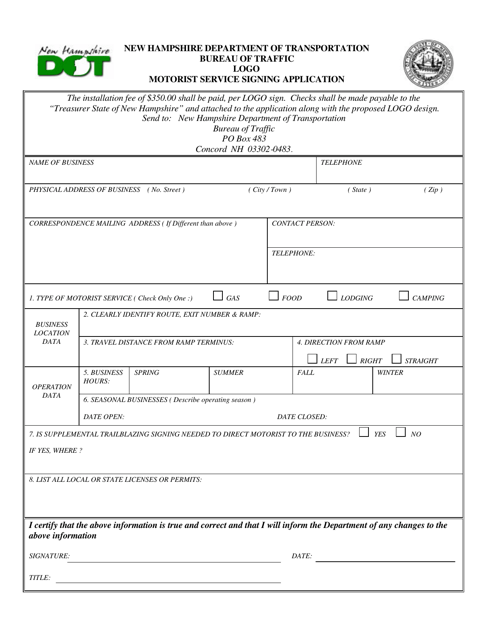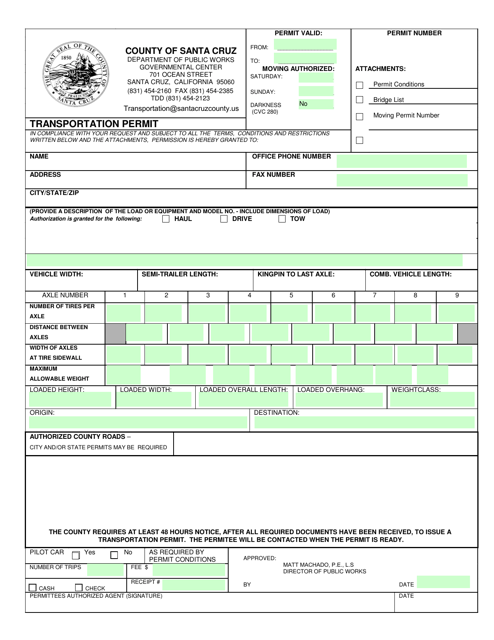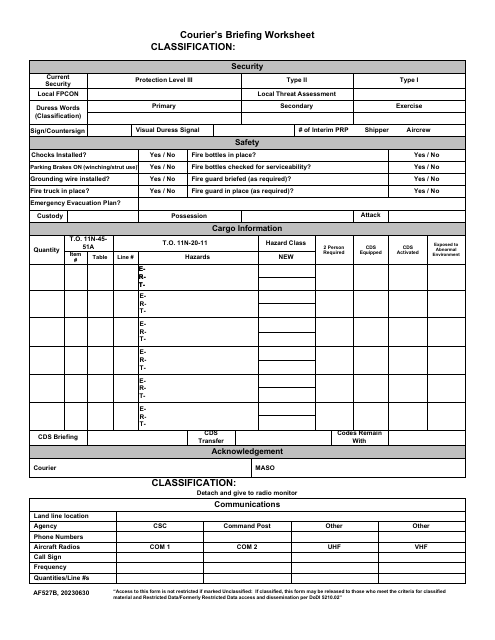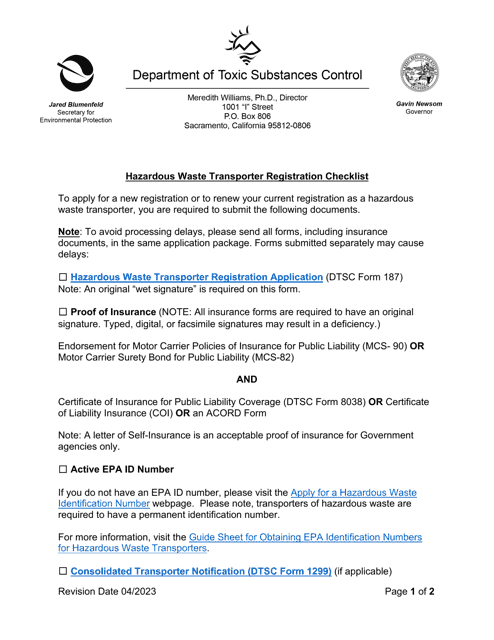Transport Regulations Templates
Transportation Regulations: Ensuring Safe and Efficient Movement of Goods
Keeping our roads, highways, and transport systems safe and efficient is of paramount importance. To achieve this, various transportation regulations are in place to govern the transportation of goods across the country. These regulations, also referred to as transport regulations or transportation regulations, aim to safeguard public safety, protect the environment, and promote fair practices within the industry.
Transport regulations cover a broad range of topics, including the inspection and maintenance of transport vehicles, the handling and transportation of hazardous materials, weight restrictions, and the registration and licensing of transporters. These regulations are enforced at both the national and state levels, ensuring compliance and adherence to established standards.
Transport regulations prioritize safety above all else. For instance, milk tank truck inspection forms, required in states such as Alabama, help ensure that all trucks carrying dairy products meet the necessary safety standards. Similarly, hazardous waste transporter inspection forms, like the EQP5159 form used in Michigan, help identify potential risks and prevent accidents during the transportation of hazardous materials.
States like Texas utilize forms such as the MCD-300A weight supplement sheet to monitor compliance with weight restrictions, helping to preserve the integrity of road infrastructure and prevent damage caused by overweight vehicles. In Iowa, transport diversions to points outside the state are regulated through Form 82-010, which helps control and monitor out-of-state transportation activities.
Transport regulations are not limited to vehicle inspections and weight restrictions. They also extend to the proper registration of transporters handling hazardous waste. California requires hazardous waste transporter registration checklists to ensure that only licensed and qualified transporters are involved in the transportation of potentially dangerous materials within the state.
By adhering to transportation regulations, we can protect our communities, preserve our infrastructure, and mitigate the environmental impact of transportation activities. Transporters and individuals involved in the transport of goods must familiarize themselves with these regulations to ensure compliance and maintain the highest safety standards.
If you are involved in the transportation industry, understanding and following transport regulations is essential. Familiarize yourself with the specific regulations in your state and stay up to date with any changes or updates. Compliance not only ensures the safety of your operations but also contributes to the overall efficiency and effectiveness of the transportation network.
For expert guidance and comprehensive resources on transportation regulations, consult our platform. We provide access to a wide range of documents, forms, and informational materials to support your compliance efforts. Stay informed, stay compliant, and contribute to the safe and efficient movement of goods across the United States.
Documents:
14
This form is used for inspecting milk tank trucks in Alabama to ensure compliance with safety regulations.
This document is used for conducting inspections of hazardous waste transporters in Michigan.
This Form is used for applying for a Superload Permit in North Carolina.
This Form is used for applying for a transportation supplement in the state of Massachusetts. It is designed to provide financial assistance for transportation expenses for eligible individuals.
This form is used for providing a weight supplement sheet in the state of Texas.
This document is a Transportation Broker Continuous Bond specific to the state of Pennsylvania. It is used by transportation brokers to secure a bond that ensures compliance with state regulations while operating in Pennsylvania.
This document is used for ensuring the safety of students during busing in Idaho. It serves as a checklist to verify that all necessary safety measures are in place during transportation.
This form is used for reporting transportation diversions from Iowa to points outside the state.
This document is used for applying for motorist service signing in the state of New Hampshire.
This Form is used for obtaining a transportation permit in the County of Santa Cruz, California. It is required for individuals or businesses transporting goods or materials within the county.

